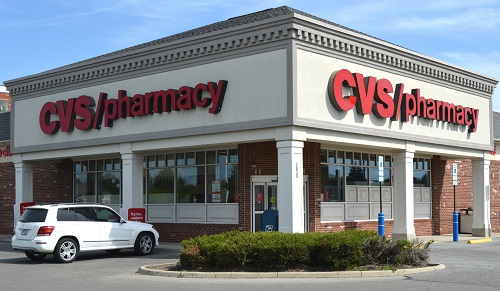
November 19, 2021 – CVS Health Corp. is moving full steam ahead with its push into the healthcare provider arena. Yesterday, the company made major changes to the leadership of it’s retail business and announced plans to close nearly 10% of its stores (900 locations) over the next three years while adding health services to the remaining locations.
The company said that it will close 300 stores a year while adding primary care offices at certain sites as well as converting more stores into “health hubs” that offer diagnostic testing, mental-health services, and hearing exams.
The company plans to start implementing the changes in spring 2022.
CVS Health says it will create new store formats, with three distinct models that serve as community health destinations:
- Sites dedicated to offering primary care services
- An enhanced version of HealthHUB locations with products and services designed for everyday health and wellness
- Traditional CVS Pharmacy stores that provide prescription services and health, wellness, personal care and other retail offerings.
CVS said it did not yet have a list of which stores are closing.
In connection with the changes, Neela Montgomery, EVP and President, CVS Retail/Pharmacy, has decided to leave the company. Montgomery will remain in her role until the end of 2021 to oversee the transition.
Two CVS executives will succeed Montgomery as co-presidents of the company’s retail business. Prem Shah, EVP, Specialty Pharmacy and Product Innovation, was named to the newly created role of chief pharmacy officer and will oversee CVS’ new omnichannel pharmacy strategy, effective immediately.
On January 1, 2022, Shah and Michelle Peluso, EVP and chief customer officer, will become co-presidents of CVS Health’s retail business, with Peluso overseeing front-store strategy and operations.
In connection with the planned store closures, the company said it expects to record an impairment charge in the fourth quarter of 2021 of between $1 billion and $1.2 billion.
CVS, which acquired insurance giant Aetna in 2018, previously said it didn’t need primary care doctors or practices to become a go-to for medical services, especially for those with costly chronic conditions. The company has recently reversed course and said it aims to add primary-care physicians to its rolls given the central role the doctors play in determining a patient’s overall medical regimen.
